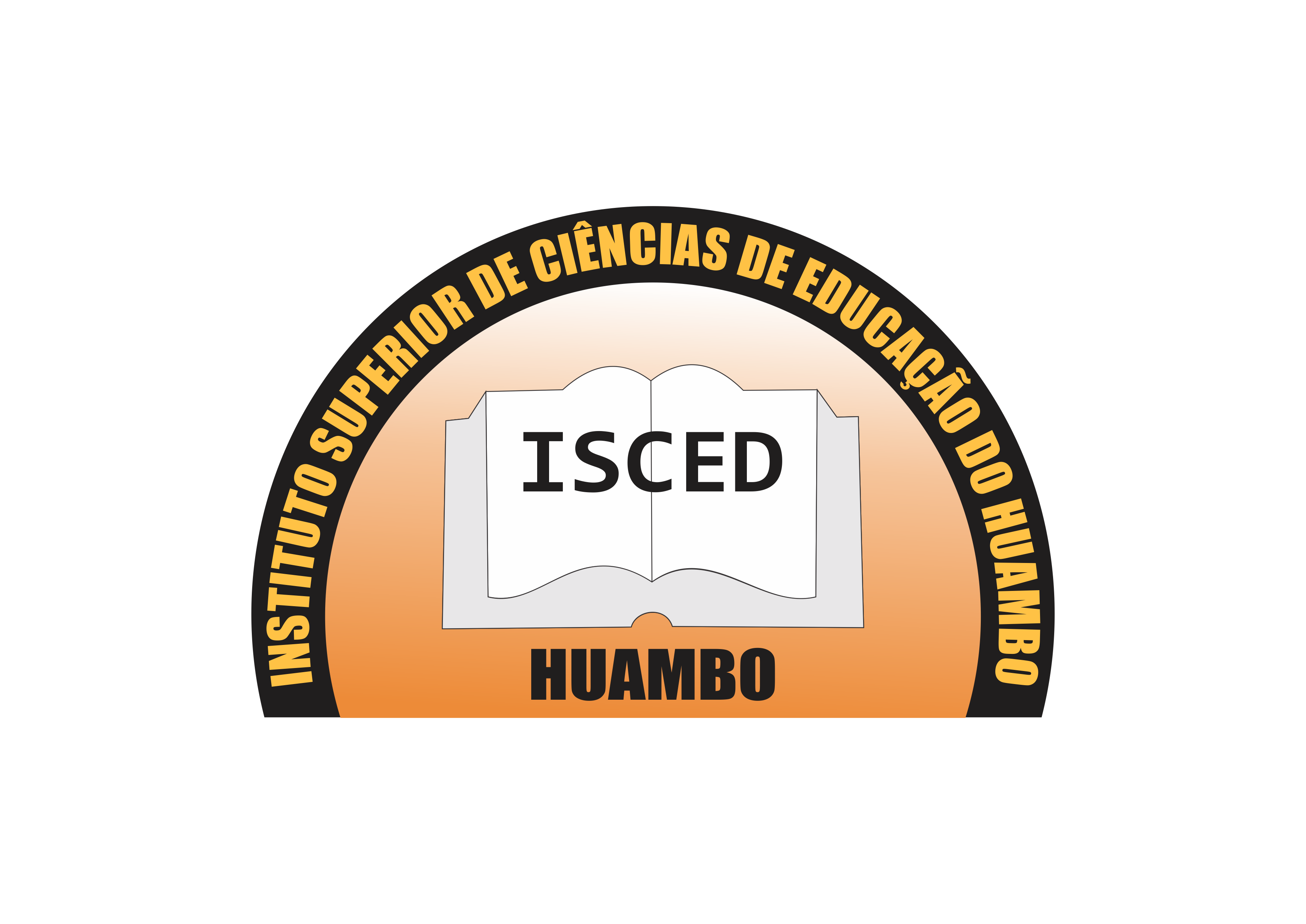Understanding the Power of Expert Blogs
Expert blogs serve as powerful tools for establishing online authority and driving digital marketing success. By sharing in-depth knowledge, you can position yourself as a thought leader in your niche. A well-structured blog not only attracts readers but also enhances your visibility in search engine results through effective SEO strategies. This guide will walk you through the steps to create a high-quality, impactful blog that aligns with modern content marketing principles.
Key Elements of a Successful Expert Blog
A successful blog requires a clear structure, consistent blogging tips, and a strong value proposition. Key elements include a user-friendly design, fast loading times, and mobile optimization. Integrating digital marketing best practices ensures your content reaches the right audience. Whether you’re writing tutorials, case studies, or industry insights, every post should reflect your commitment to quality and online authority.
Choosing the Right Niche for Your Blog
Selecting a niche is the foundation of your blog. Focus on a topic you’re passionate about and that has a demand in the market. Use tools like Google Trends or keyword research platforms to validate your choice. A well-defined niche allows you to create targeted content marketing and SEO strategies that resonate with your audience, making it easier to build online authority over time.
Creating High-Quality Content Consistently
Consistency is key in blogging tips and content marketing. Publish regular, high-value posts that address your audience’s pain points. Use a mix of formats—how-to guides, listicles, and opinion pieces—to keep your content dynamic. Quality over quantity matters, so invest time in research and editing to ensure your work stands out in a competitive space.
Optimizing Your Blog for Search Engines
Implementing robust SEO strategies is crucial for visibility. Optimize titles, meta descriptions, and headers with relevant keywords. Internal linking and image alt texts also play a role in improving rankings. Remember, while focusing on these tactics, always prioritize user experience. For those interested in interactive experiences, learn how to play aviator game and win to explore engaging digital activities beyond traditional content creation.
Leveraging SEO Strategies for Maximum Visibility
Advanced SEO strategies involve analyzing competitors, building backlinks, and leveraging social media. Tools like SEMrush or Ahrefs can help identify gaps in your strategy. Regularly updating your blog with fresh content keeps your site relevant and improves its ranking potential. Combining these efforts with digital marketing campaigns amplifies your reach and strengthens your online authority.
Engaging Your Audience Through Interactive Content
Interactive elements like quizzes, polls, and comment sections foster engagement. Encourage discussions by asking questions in your posts. Video content and webinars are also effective for connecting with readers. These tactics enhance user interaction and support your content marketing goals while reinforcing your expertise in digital marketing.
Monetizing Your Expert Blog Without Compromising Quality
Monetization options include affiliate marketing, sponsored posts, and premium memberships. Always ensure partnerships align with your brand values to maintain credibility. Transparent disclosure builds trust with your audience. Prioritize quality content even as you explore revenue streams, ensuring your blog remains a trusted resource for online authority.
Building Authority Through Guest Posting and Collaborations
Guest posting on reputable sites boosts your online authority and exposes your blog to new audiences. Collaborate with influencers or experts in your field for joint projects or interviews. These efforts reinforce your presence in digital marketing circles and expand your network through strategic SEO strategies.
Measuring Success with Analytics and Feedback
Track metrics like traffic, bounce rates, and conversion rates using analytics tools. Gather feedback through surveys or comments to refine your approach. Regularly reviewing performance helps you adapt your content marketing and SEO strategies for better outcomes and sustained growth.
Staying Updated with Trends in Digital Marketing
The landscape of digital marketing evolves rapidly. Stay informed about algorithm updates, emerging platforms, and shifting consumer behaviors. Attend webinars or join forums to exchange ideas with peers. Adapting to trends ensures your blog remains relevant and competitive in the ever-changing online ecosystem.
Common Mistakes to Avoid When Starting a Blog
Avoid pitfalls like neglecting SEO basics, inconsistent posting schedules, or ignoring audience feedback. Overlooking mobile optimization or poor website speed can harm user experience. Focus on learning from mistakes and refining your approach through continuous improvement in blogging tips and digital marketing practices.
Tools and Resources to Enhance Your Blogging Experience
Leverage tools like Canva for visuals, Grammarly for editing, and Trello for project management. Plugins such as Yoast SEO simplify SEO strategies. Invest in resources that streamline your workflow and elevate your content marketing efforts while maintaining your blog’s integrity.
Designing a User-Friendly Blog Layout
A clean, intuitive layout enhances readability and navigation. Use readable fonts, contrasting colors, and logical menus. Ensure your blog loads quickly across devices to retain visitors. A seamless design supports both user experience and your broader digital marketing objectives.
Expanding Your Blog’s Reach Through Social Media
Promote your posts on platforms where your audience spends time. Share snippets, behind-the-scenes content, or engage in conversations related to your niche. Social media amplifies your content marketing efforts and drives traffic to your blog, reinforcing your online authority and SEO strategies.
